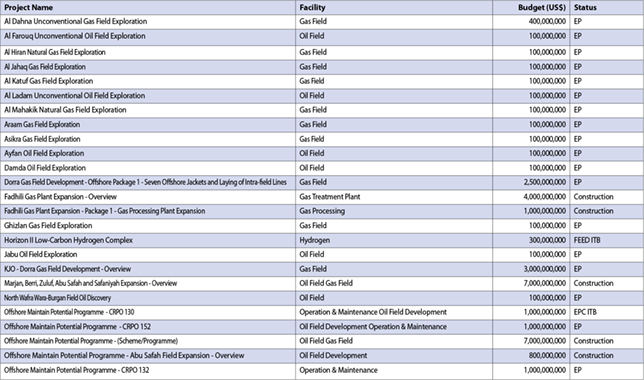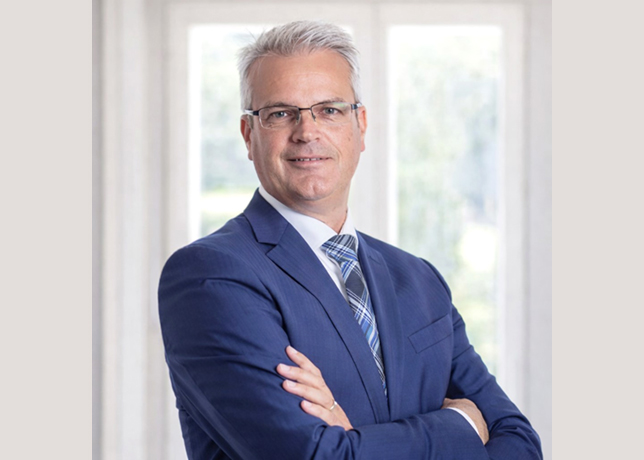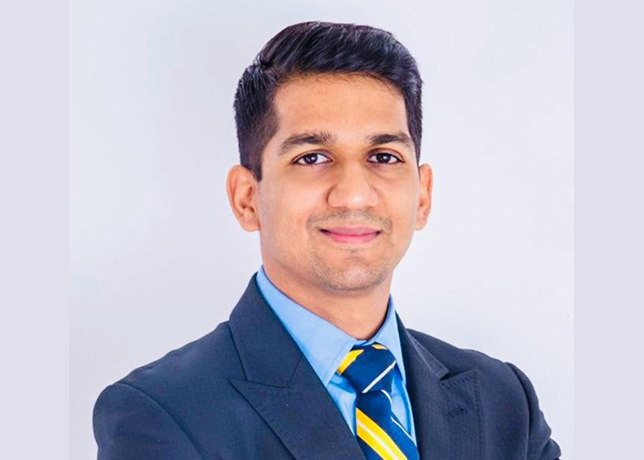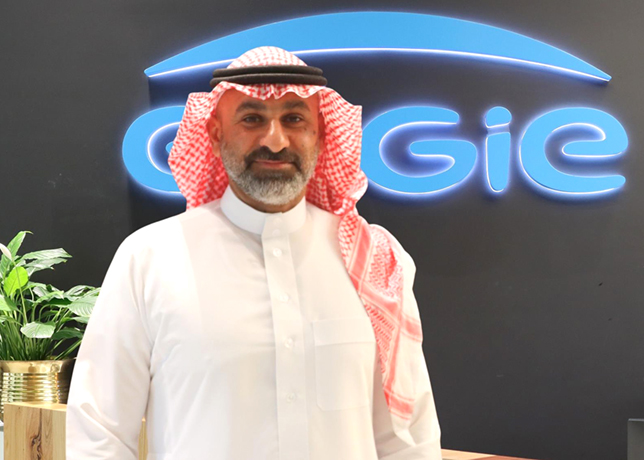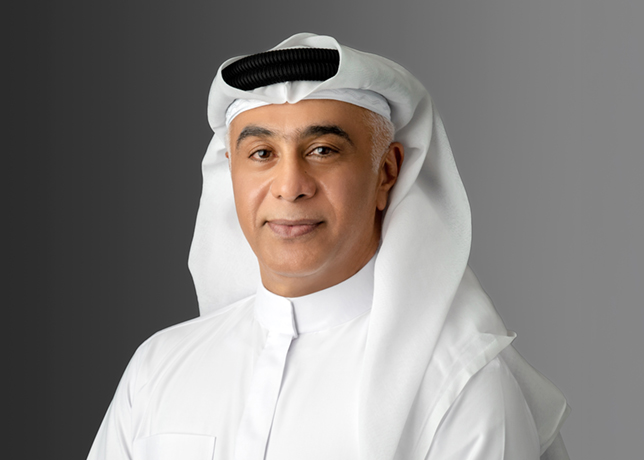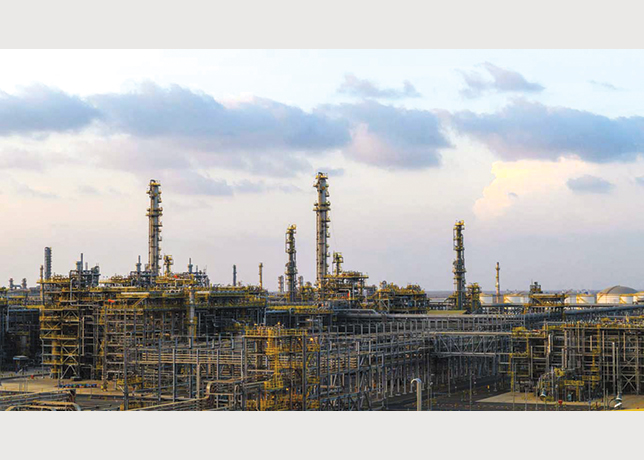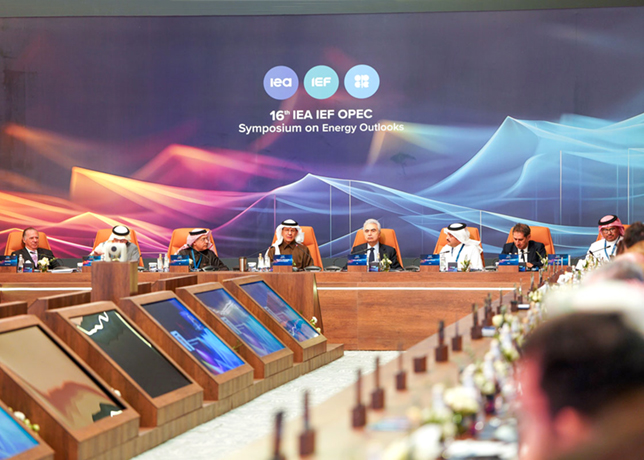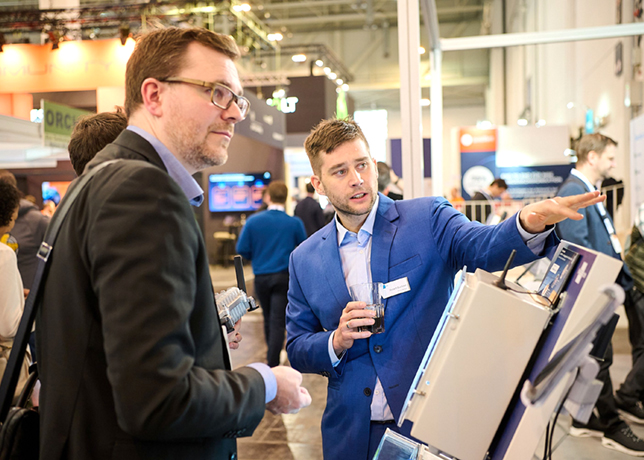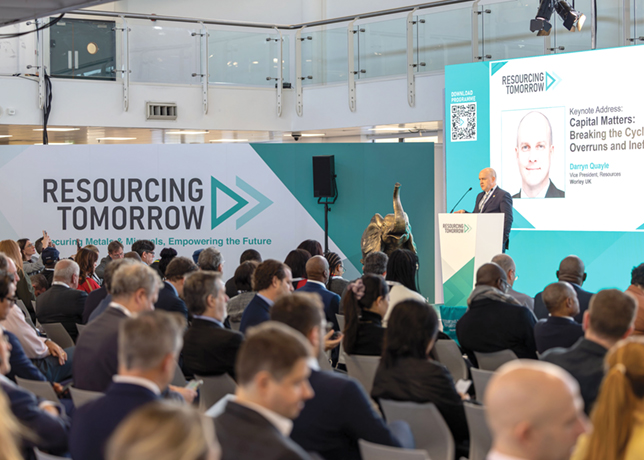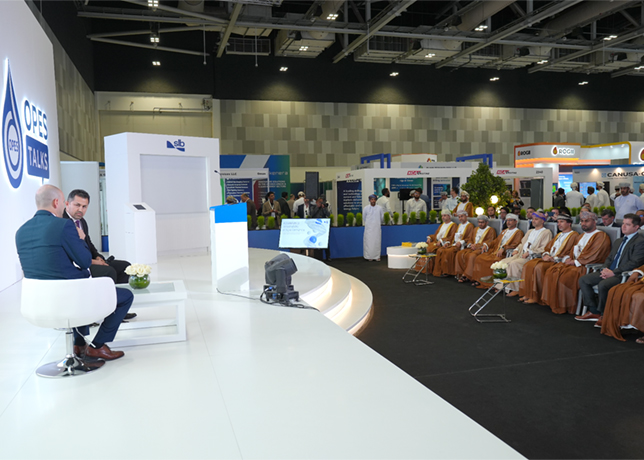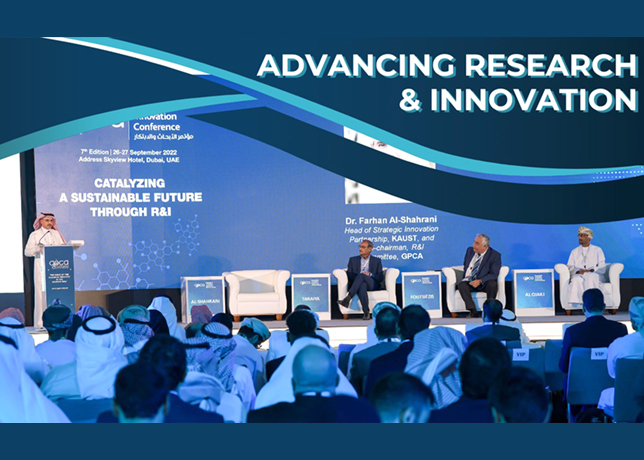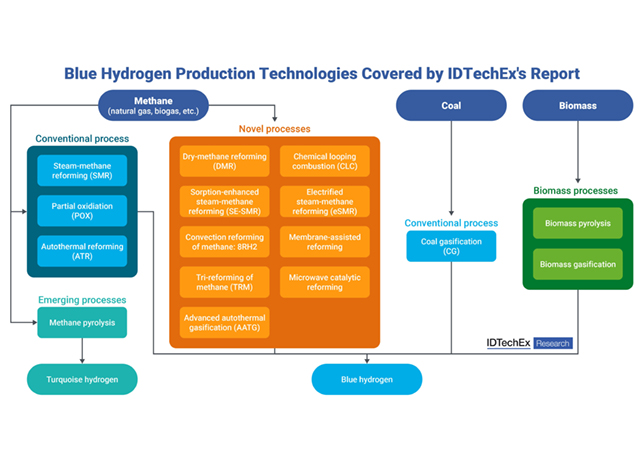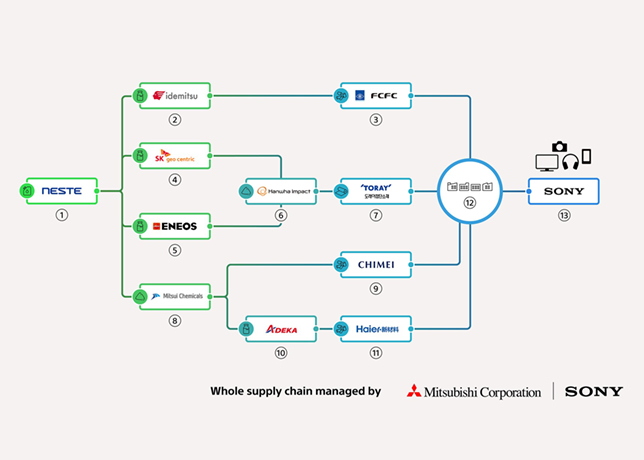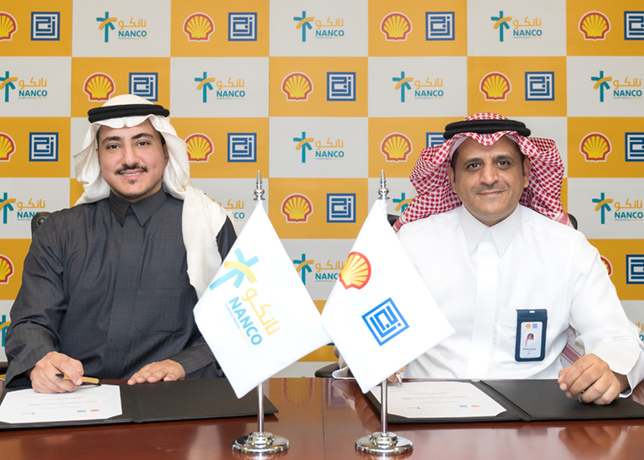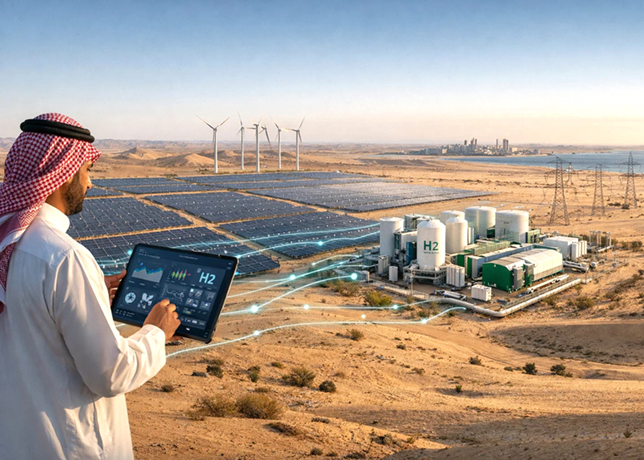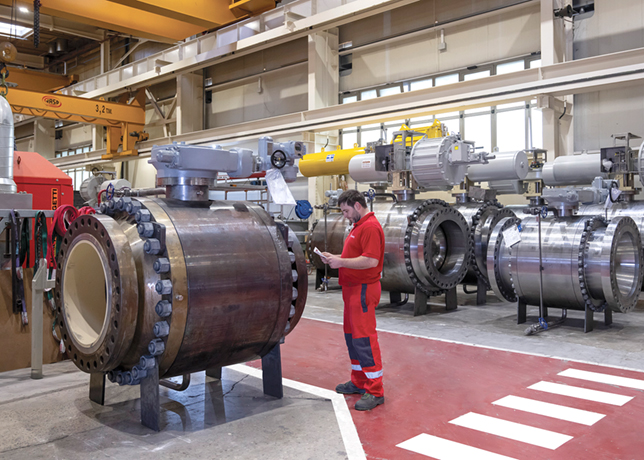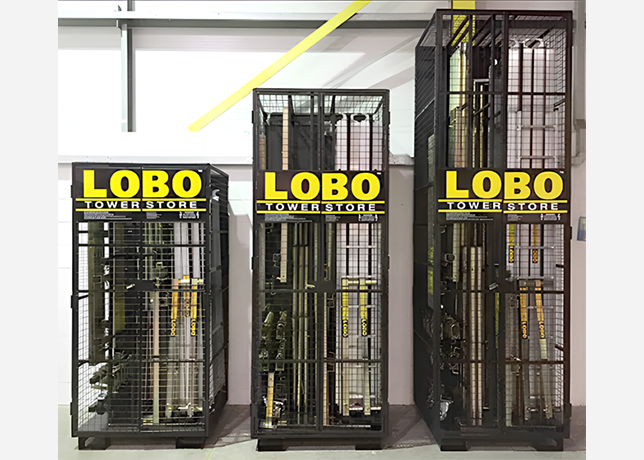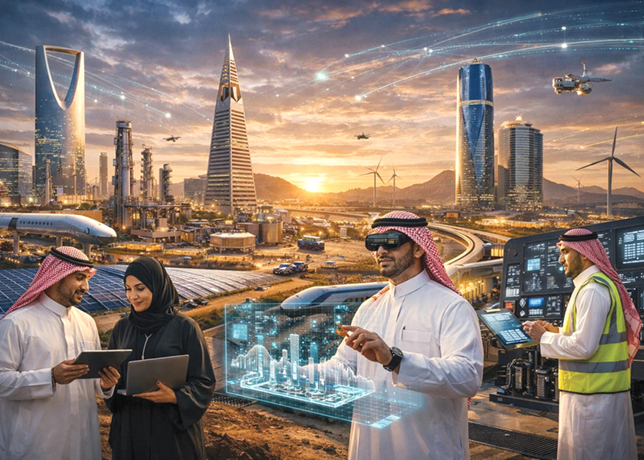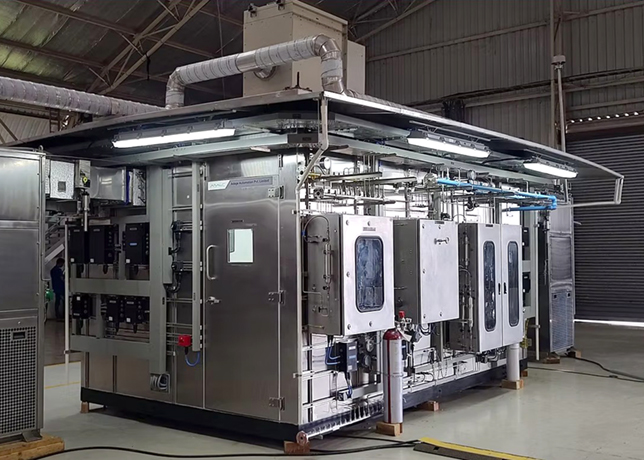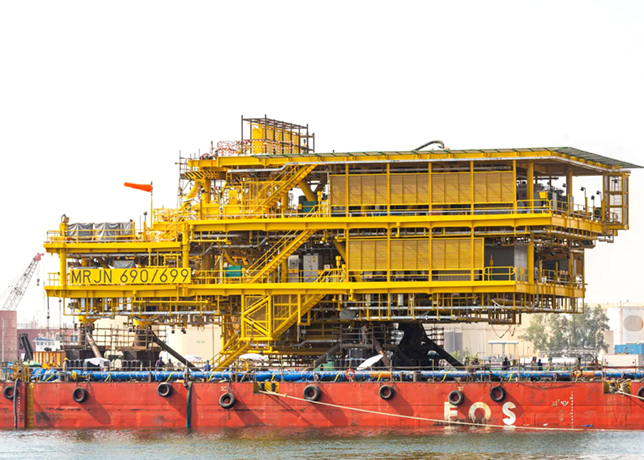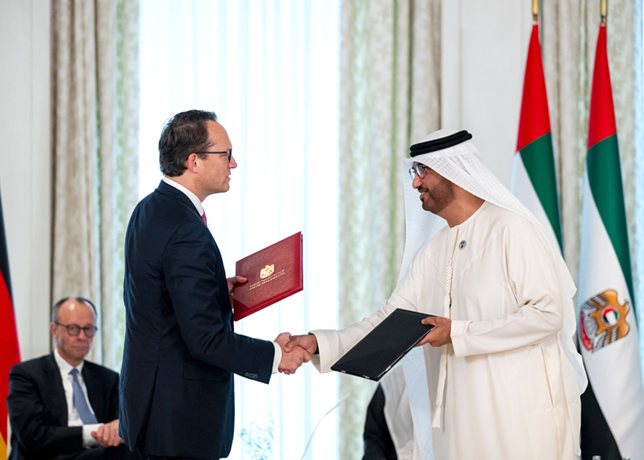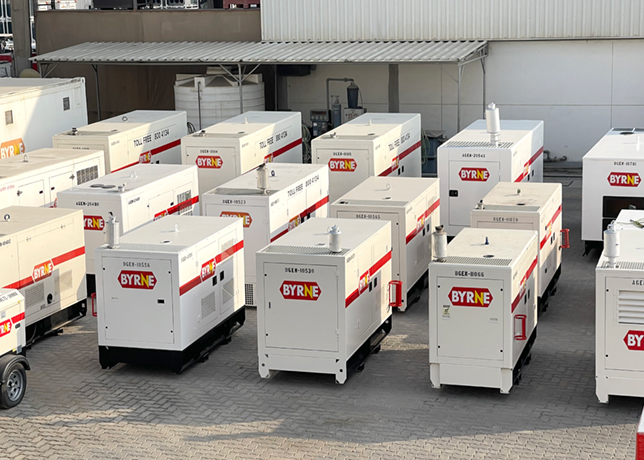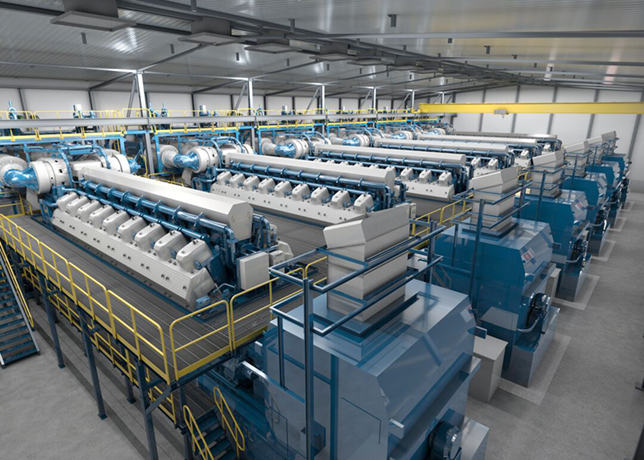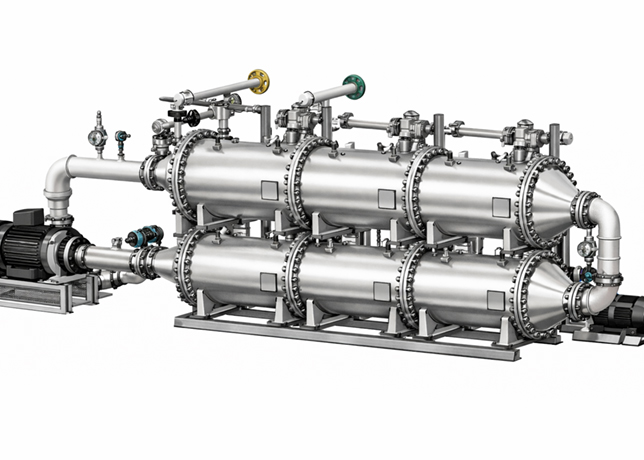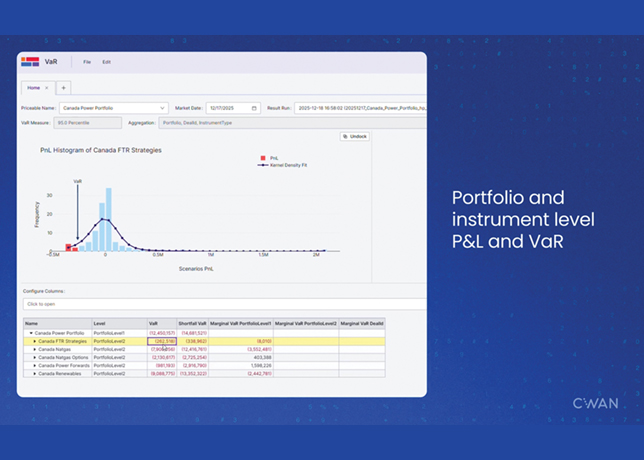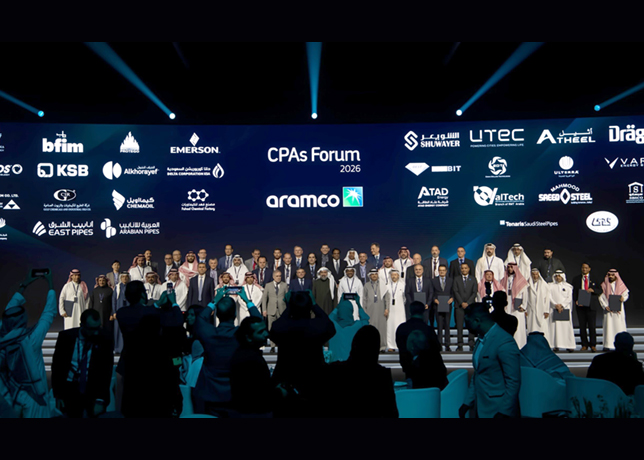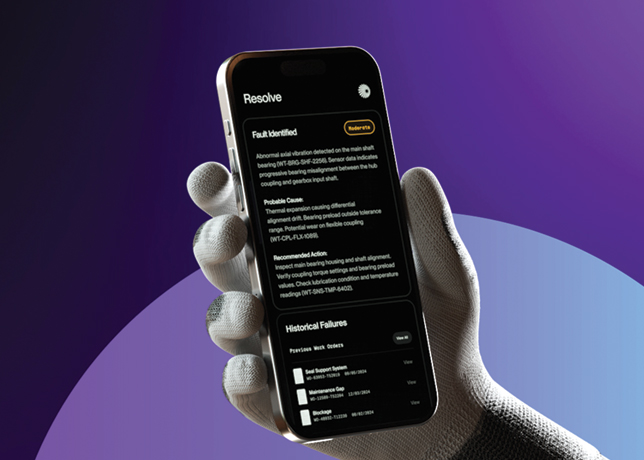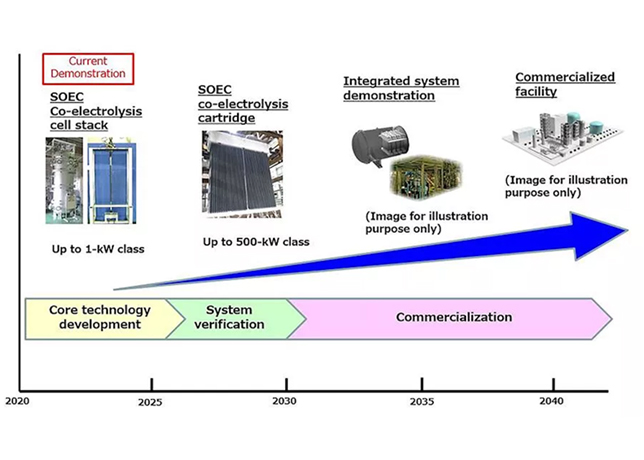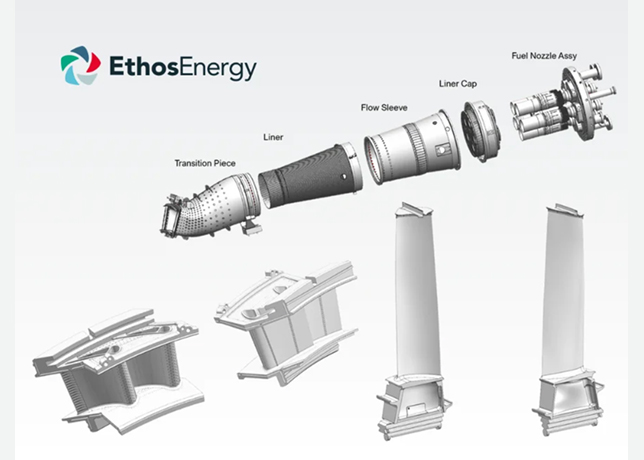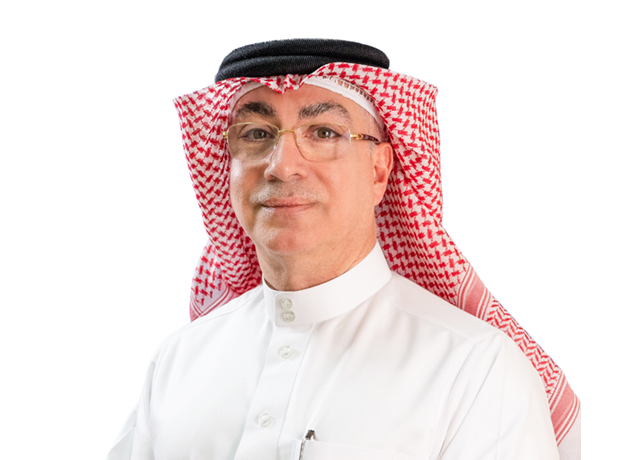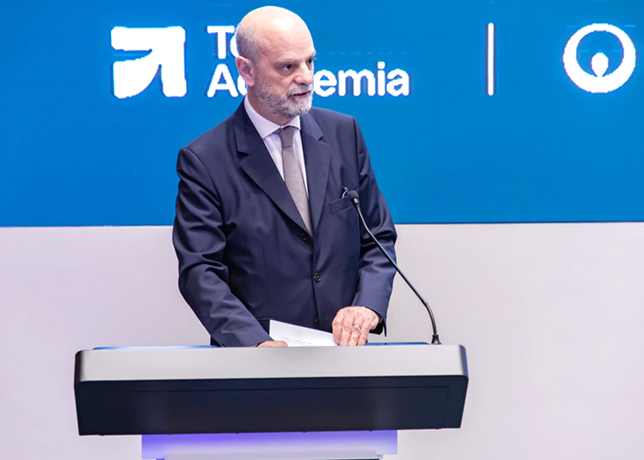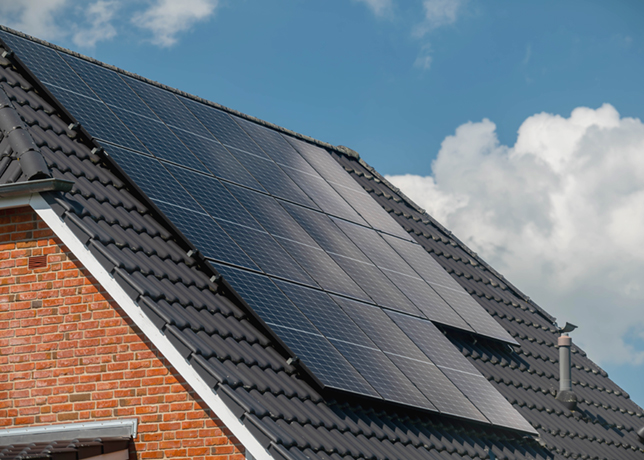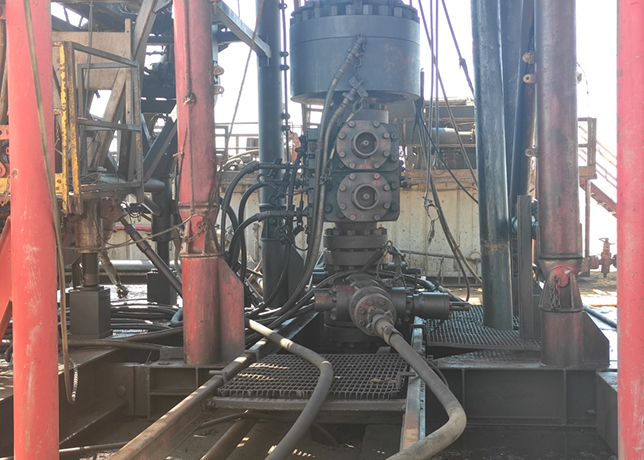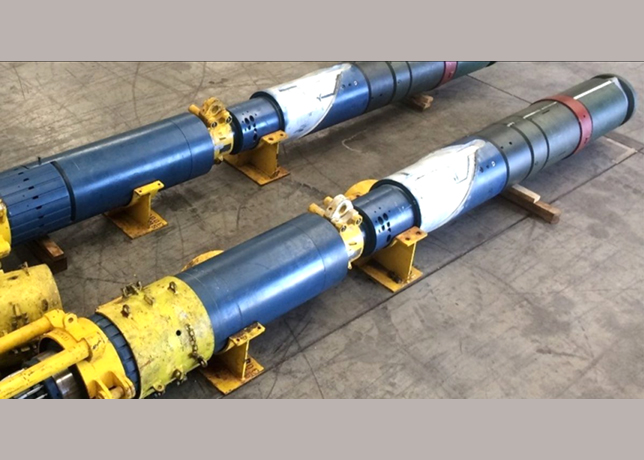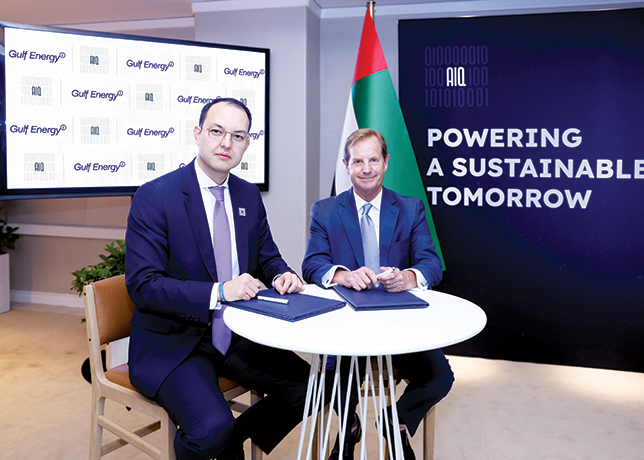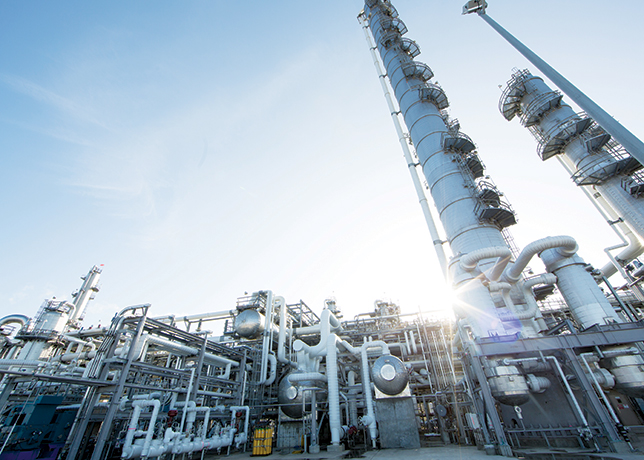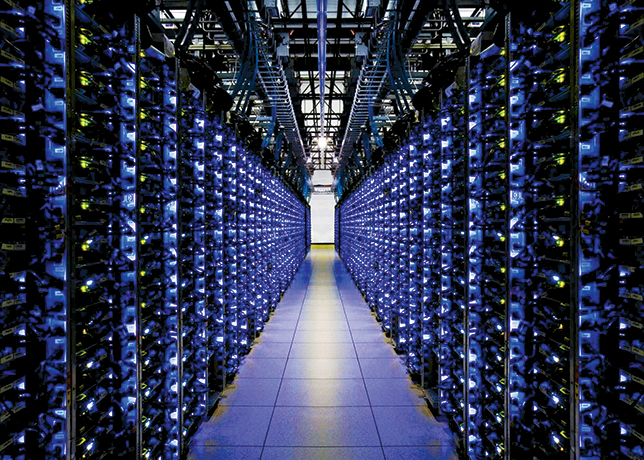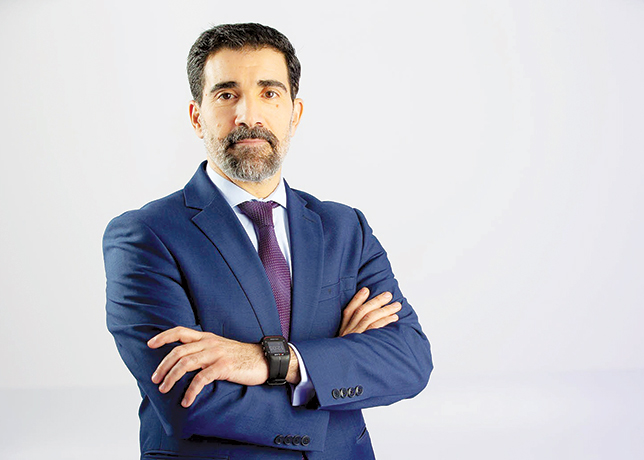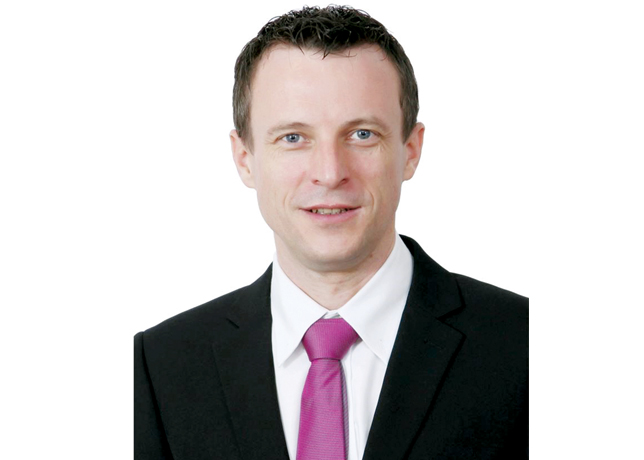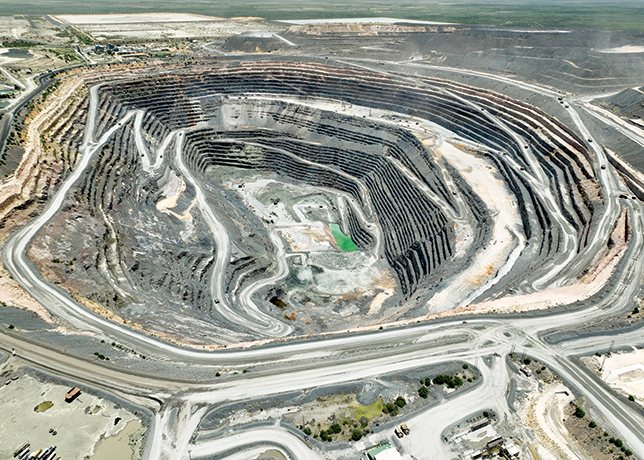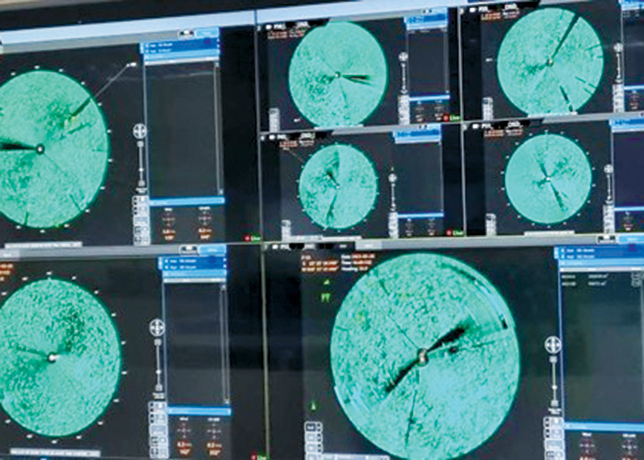
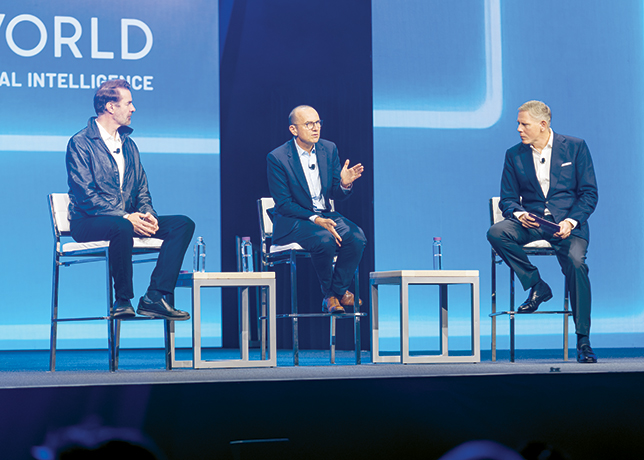 Caspar Herzberg (right) with panelists Erik Brynjolfsson (left), Director of Stanford University Digital Economy Lab at the Institute for Human-Centred AI, and Oliver Blum, CEO, Schneider Electric, at the opening panel discussion at AVEVA World
Caspar Herzberg (right) with panelists Erik Brynjolfsson (left), Director of Stanford University Digital Economy Lab at the Institute for Human-Centred AI, and Oliver Blum, CEO, Schneider Electric, at the opening panel discussion at AVEVA World
Remote monitoring, AI, and predictive analytics aren’t replacing people; they’re enabling operations to continue when people simply aren’t available, Caspar Herzberg tells OGN
Will Artificial Intelligence (AI) and digital technologies reduce job opportunities in the industrial and energy sectors, even as these industries are seen as vital job providers–particularly in developing economies?
OGN raised this pressing question with the CEO of AVEVA, a leading global industrial software company, during a media roundtable at the AVEVA World conference in San Francisco.
Caspar Herzberg, highlighting the importance of the question, said he doesn’t see a contradiction in adoption of technology.
"There’s a real shortage of engineers, particularly in hard-to-abate sectors," he noted. "Far from reducing roles, digitalisation helps industrial employers attract talent by making operations more efficient, safer, and more appealing."
Referencing a recent visit to a copper mine in Arizona, he recounted the challenges faced in staffing remote and hazardous sites. "They struggle to find enough staff. Remote monitoring, AI, and predictive analytics aren’t replacing people – they’re enabling operations to continue when people simply aren’t available."
Herzberg echoed a powerful quote from the event’s keynote speaker: "It’s not that managers will disappear. It’s that those who don’t use AI will." Innovation isn’t an option – it’s an imperative, he said.
AVEVA World, a three-day a global conference which brought together technology leaders, customers, and partners, served as a powerful platform for demonstrating AVEVA’s impact on the future of industrial operations and sustainability. OGN was only invited publication at the conference from the region.
In an engaging and candid exchange with journalists, Herzberg shared insights into the company’s global momentum, strategic focus, and commitment to empowering industries through cutting-edge digital solutions.
A GLOBAL GROWTH TRAJECTORY
AVEVA’s current trajectory is one of robust growth, underpinned by surging global demand for digital transformation across sectors. "We’re doing very well," Herzberg noted.
"Irrespective of the tectonic shifts we're seeing in global trade and supply chains, it's clear that businesses – both large and small – recognise the power of technology to drive efficiency. In sectors like energy, the gains in productivity are substantial enough to justify strong investments in digital tools.
 |
Caspar Herzberg with Sree Bhat |
"What companies around the world are realising is that by investing in digitalisation - by truly understanding their data, production, supply chains, and key metrics - they can dramatically improve performance.
"Digitalisation is good for the planet also," Herzberg asserted. "Greater efficiency means more sustainability. That understanding is now global, and it powers our growth."
AVEVA has achieved nearly 15% growth in Annual Recurring Revenue (ARR), with over 80% of its revenue now recurring – a testament to the stickiness and value of its offerings. "We’ve grown organically by nearly half over the past three years," Herzberg added, citing strong uptake across engineering, operational intelligence, and data management solutions.
UNLOCKING THE POWER OF INDUSTRIAL DATA
AVEVA’s growth is rooted in three core technology pillars: unified engineering, real-time operations management through PI System, and scalable analytics powered by cloud and AI. "We offer more than three million data points through our digital twin technology – an unmatched ability to connect engineering and operations," he said.
He dismissed concerns that hyperscalers or cloud-native competitors could disrupt AVEVA’s industrial data dominance. "On the contrary, we are disrupting cloud," he remarked confidently. "Our hybrid approach – keeping data on-prem while analysing it in the cloud – is unique. That’s why we’re partnering with Databricks, Microsoft, and others."
AVEVA’s competitive edge lies in its ability to handle time-series data at scale and enable intelligent, bidirectional data flow between the edge and the cloud. "That’s what powers our radical collaboration," Herzberg explained. "Even if you’re a rival, we make it easy to integrate. Because customers want everything to work together seamlessly."
AVEVA CONNECT AND THE FUTURE OF AI
The future lies in Connect, AVEVA’s unified platform designed to facilitate seamless data flow across applications and partners. "We're investing heavily in Connect and data services, and directing more than half of our R&D spend to new technologies," Herzberg said.
Artificial Intelligence plays a pivotal role in this vision. "We now have 19 AI-infused offerings across our portfolio," he revealed. "That’s a significant shift and a market-leading position."
SUPPORTING THE GULF’S DUAL ENERGY MANDATE
Asked by OGN specifically about the Gulf region – where traditional hydrocarbons are being balanced with energy transition strategies – Herzberg acknowledged the region’s leadership.
"Actually, several factors made oil and gas companies early adopters of digital technology. For one, they've always had a strong focus on both efficiency and, crucially, safety. This meant they recognised the value of digital tools quite early on.
"Because of this early adoption, they already had a head start compared to many other industries in terms of digitising their operations and assets. Furthermore, the nature of their work, with many remote assets like offshore platforms, made digitalisation even more appealing. It's simply more practical and safer to monitor and manage these distant locations digitally, as fewer people want to spend extended periods in such environments.
"This early investment in digitalisation has provided them with a solid foundation to effectively integrate their various assets. They can then leverage this integrated data to run sophisticated analytics and significantly boost efficiency. Interestingly, this increased efficiency can also lead to a reduction in carbon emissions per barrel of oil produced – a seemingly counterintuitive but very real outcome," he said.
"When you see how companies like ADNOC or Aramco utilise technology to manage and visualise their numerous and diverse assets simultaneously, it's truly impressive. Now, they're building on this foundation by integrating renewable energy assets, monitoring them, and applying predictive analytics and prescriptive maintenance. ADNOC, in particular, is making significant investments in these areas," he noted.
These companies will continue to be leaders in technology adoption and many of them are not just maintaining but actually increasing their use of solutions like AVEVA's across their operations. For instance, Aramco has now adopted Unified Engineering as a standard for many of its assets, highlighting their commitment to these advanced digital approaches, said Herzberg.
AVEVA’s regional footprint is well established, with offices in Dubai, Abu Dhabi, and Dammam. "We have about 150 to 200 employees in the Gulf, and that number is set to grow," Herzberg said. "Our customers here go beyond oil – they include mining, chemicals, and manufacturing giants like SABIC."
NAVIGATING GLOBAL DISRUPTION
Asked about the fluctuating tariffs, geopolitical instability and their impact on industrial customers and AVEVA, he said: "We’re very focused on helping our customers make sense of whatever issue they’re dealing with. The reconfiguration of global supply chains has been underway for some time. This represents a major opportunity for us, because when new assets are built – often in entirely new locations – they need technology to function. And that’s where we come in."
While acknowledging that the short-term impact of geopolitical events is hard to predict, Herzberg sees long-term growth in the form of large trade blocs restructuring and investing in resilient infrastructure. "Ultimately, as they build, we grow with them," he said.
This theme of adaptability and foresight flows naturally into AVEVA’s ethos of radical collaboration, particularly in data sharing – a once-taboo topic in many industrial sectors.
"Just a few years ago, manufacturers were hesitant even about cloud adoption. That’s changed. And now we’re seeing increased willingness to share data – not just externally within the supply chain, but internally across siloed departments within companies," he noted.
A core differentiator for AVEVA is its commitment to openness. Rather than lock users into a proprietary loop, the company’s Connect platform is designed for interoperability – even with competitors. "We even collaborate with companies whose solutions overlap with ours. But by having them on the platform, we drive more value for customers, and in turn, encourage deeper investments in our infrastructure. Everybody wins when we collaborate," Herzberg emphasized.
ETHICAL AI AND REAL-WORLD SUSTAINABILITY
Addressing questions on the ethical deployment of AI and the concrete steps AVEVA is taking toward sustainable industry practices, he said: "Our use of AI is energy-efficient and designed with sustainability in mind. Unlike many consumer AI models, our applications are lean, focused on optimising industrial operations rather than generating intensive computations."
Beyond technology, AVEVA is actively helping shape standards with customers, ensuring AI is deployed ethically and transparently across sectors. "In practice, AI helps drive efficiency and reduce wasteful energy consumption – which directly supports sustainability goals," he added.
The company’s impact can be measured through what it calls its "software handprint" – the positive environmental footprint enabled by its solutions. "In fully digitised factories, we typically reduce energy consumption by 10 to 30 percent. In utilities, we help manage grid loads and optimise electricity delivery. And in shipbuilding, AI and cloud collaboration have accelerated sustainable ship design by up to 50 percent," Herzberg said.



